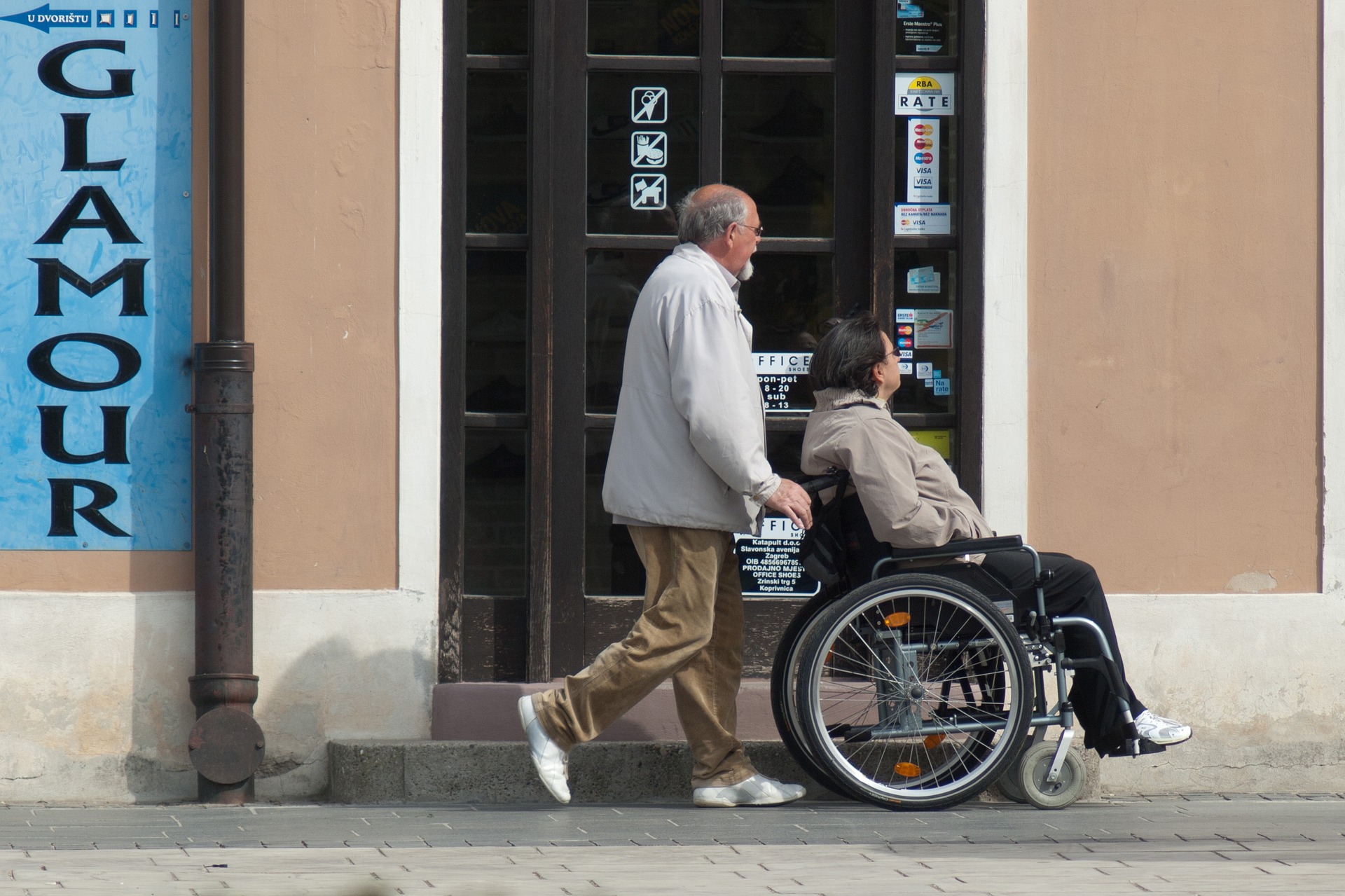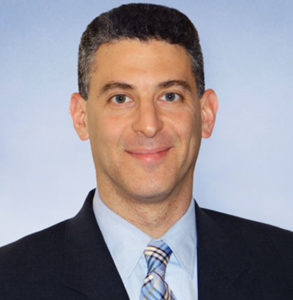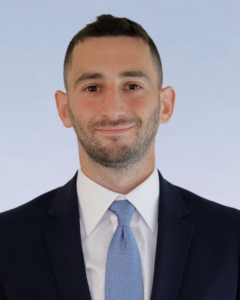Large Firm Service. Small Firm Attention.

SHARE
Yonkers First Responders Disability Registry Aims to Provide Better Emergency Care for Residents with Special Needs
Published June 1, 2018
Emergency first responders often possess little more than the information contained in a 911 call and a street address. While this might suffice for most situations, when the emergency involves a resident with special needs, customary rescue operations can be traumatic for the resident and challenging for emergency personnel.
To solve this problem, city officials in Yonkers, New York, recently created the First Responders Disability Registry, a voluntary database of information about special needs of local residents.
Participation in the registry is strictly voluntary. Yonkers residents wishing to provide information about their special needs may submit as much, or as little, information about themselves as they desire.
“Mayor Spano charged our board to identify and respond to concerns affecting Yonkers citizens with disabilities,” said Gene S. Minkow, the chair of the Disability Advisory Board. “We believe this new program helps us to fulfill that mission. First Responders Disability Registry is vital, and it just makes sense.”
Forewarned is Forearmed
Information submitted to the registry will be available to police officers, firefighters, ambulance companies and other emergency services personnel.
According to Yonkers officials, the registry aims to promote two goals. The first is eliminate the emotional trauma and conflict that occurs when first responders enter the homes of persons with special needs. And, the second goal is to assist first responders by giving them advance knowledge and the best opportunity to serve residents presenting unusual challenges.
Special Needs Covered by Registry
The registry contains information designed to promote the safe delivery of emergency services to residents with special needs. In addition to information about emergency contacts and medical care providers, the registry contains the following information:
- whether life support or dialysis machines are use at the home;
- the presence of a wheelchair or other mobility device;
- whether the resident has hearing or vision impairments;
- whether the resident suffers from neurological disabilities, autism or similar impairments;
- whether the resident has difficulty communicating with strangers;
- the language spoken in the home;
- whether the resident owns a service animal;
- whether the resident suffers from PTSD.
Yonkers residents wishing to participate in the special needs registry can access an enrollment form at: http://www.yonkersny.gov/home/showdocument?id=17028.
The form is also available at Yonkers City Hall and the Yonkers Public Library.
City Officials Underline Privacy Protections
City officials stressed that personal information collected by the registry will be kept confidential. “It will only be used to help you in the event of an emergency,” the registry form states. “It will not be used or result in the alteration or change in standard Police, Fire or EMS emergency procedures.”
Persons who submit information to the registry may later request that the information be removed.
All personal information will remain confidential and subject to the privacy protections of the federal Health Insurance.
Learn more about the Yonkers First Responders Disability Registry by visiting http://www.yonkersny.gov/live/public-safety/police-department/police-department
Learn more about our special needs planning and special education advocacy services at www.littmankrooks.com or www.specialneedsnewyork.com.
Was this article of interest to you? If so, please LIKE our Facebook Page by clicking here or sign up for our monthly newsletter.
Categories
Recent Posts
Explore In-Depth

Corporate & Securities

Elder Law & Estate Planning

Special Needs Planning

Special Education Advocacy


















